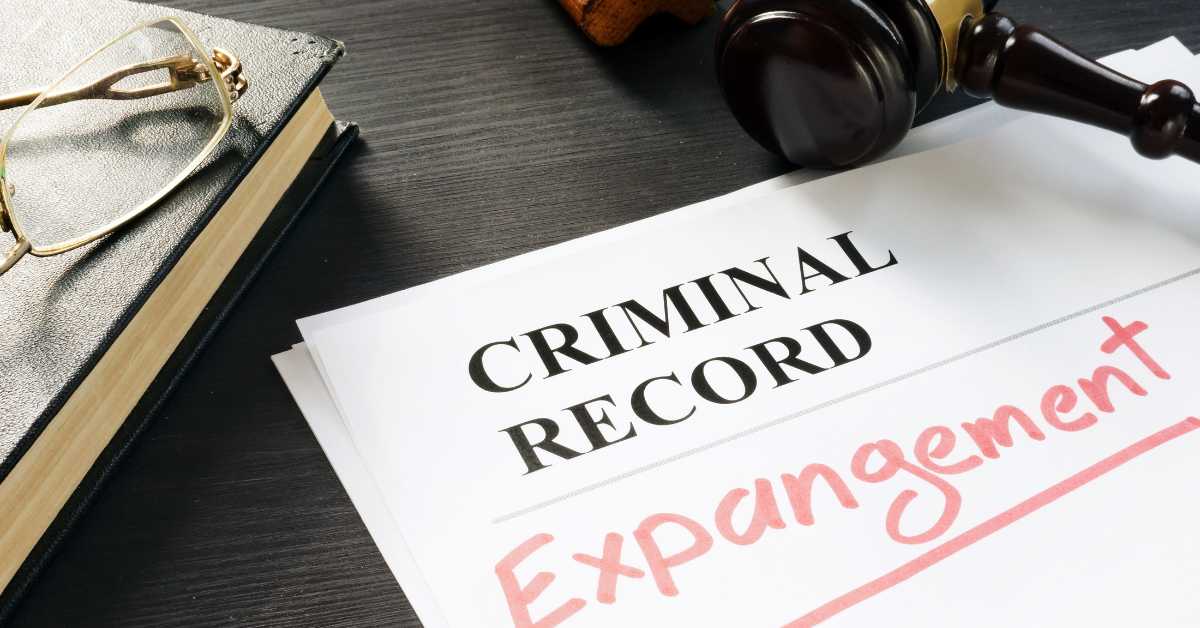A criminal record can make finding housing and acquiring credit extremely hard. Employers can deny you a job based on what they find in your background check. It can even affect your love life. Potential dates may run a background check on you, see your record, and run for the hills.
What Is Expungement?
If the court agrees to expunge your record, it is essentially the same as sealing or erasing it. That record won’t show up on a background check, which means the public won’t be able to view it. You typically will not have to disclose that you were arrested or convicted of a crime.
Given that a criminal record can haunt you for years, it makes sense that you would want to expunge it if you are eligible.
Are You Eligible for Expungement If Convicted of a Crime?
Whether your record is eligible for expungement depends on the crime you were convicted of doing. You cannot expunge your record if you were convicted of a crime involving:
- Domestic violence
- Child abuse
- Sexual offenses
- Deadly weapons or explosives
If you have a record of first-time drug possession, your West Virginia criminal defense attorney can help expunge it if you have completed a deferred sentence and the court dismissed or discharged your case. You can apply for expungement six months after your probation ends.
If you have a misdemeanor, you are eligible for expungement one year after the date of your conviction, release from supervision, or completion of your sentence, whichever is latest.
Expungement Laws If You Were Not Convicted
You may qualify for expungement if you were found not guilty or all charges against you or if the charges were dismissed. In this case, you will have to wait 60 days from the case’s dismissal or your acquittal.
You do not qualify if any of the following are true:
- You have a felony conviction
- The judge dismissed charges because you made a guilty plea for another offense during plea negotiations
- You want to expunge a DUI (driving under the influence), and the expungement would prevent the charge from showing up on a commercial driving record
- A judge found you not guilty by reason of mental illness
What If You Were Pardoned?
If you were granted a full and unconditional executive pardon, your record might qualify for expungement. If eligible, you can apply one year from the date of the pardon and five years from the date you finished your sentence. However, you do not qualify for expungement if the case involved treason, murder, kidnapping, or a felony sex offense.
Contact Us To Learn Whether Your Record Qualifies for Expungement
If you are unsure whether you are eligible for expungement, call a West Virginia criminal defense attorney from Arnold & Bailey today. We can help with bail hearings, DUI or DWI defense, and jury trial representation. Reach out to us at 304-725-2002 for a free consultation.




